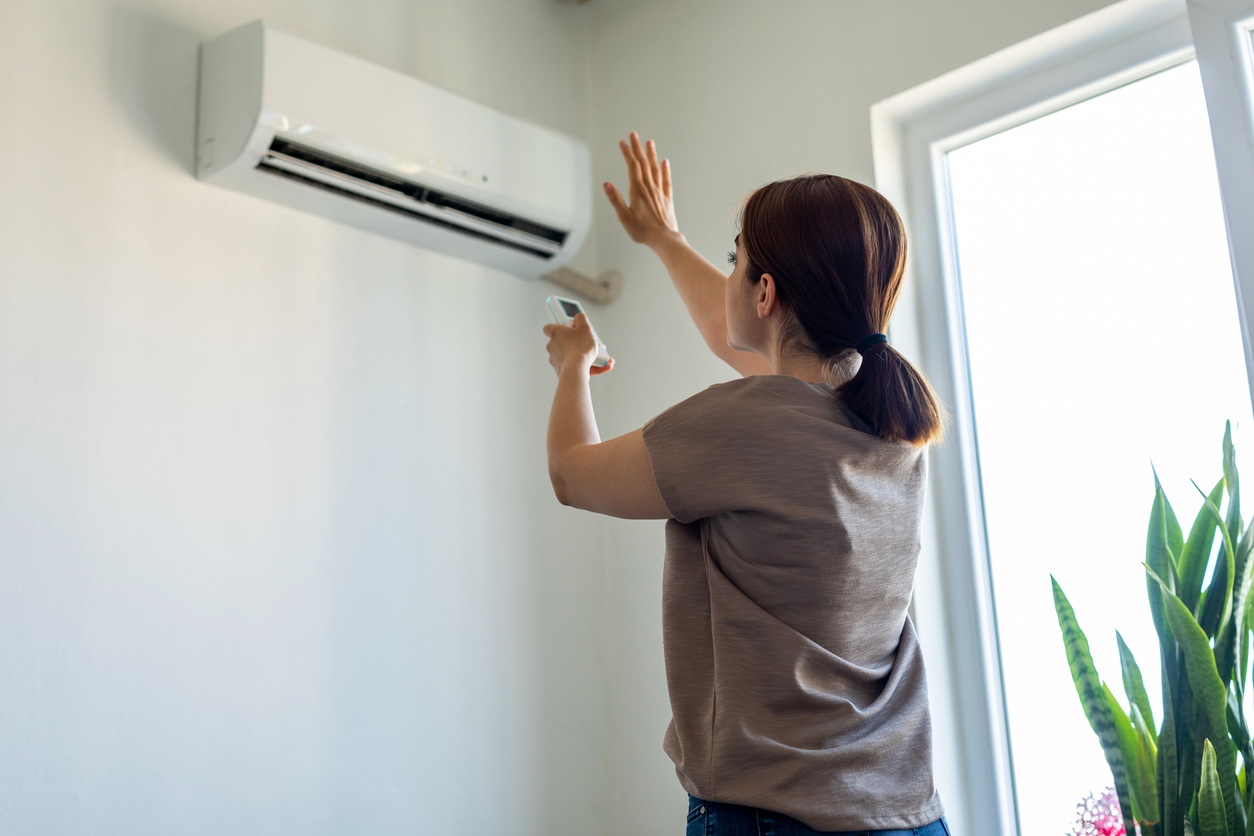
Your home’s HVAC system plays a critical role by keeping you and your family comfortable year-round. Unfortunately, there are a lot of HVAC systems misconceptions and myths out there that can affect your comfort and even increase your HVAC costs. If you have fallen for any of these HVAC myths you are not alone. Many of these myths have been passed on from one generation to the next. Fortunately, debunking these myths can help ensure that you make informed decisions that will keep your HVAC system running efficiently. Here is a look at the most common HVAC systems misconceptions and myths homeowners believe.
One of the most common HVAC systems misconceptions is that closing vents in unused rooms can save energy. However, contrary to popular belief, closing vents in unused rooms can make your HVAC system work harder. This is because your HVAC system distributes air evenly throughout the house. When vents are closed, pressure can build up in the ductwork causing your HVAC system to have to work harder. This can lead to higher energy costs.
Similarly, it does not help to close doors to unused rooms. This may seem like a way to reduce energy consumption and maintain a more comfortable temperature in the rest of your home. However, it can have the opposite effect. Closing doors in your home can disrupt airflow and create pressure imbalances in your home. This can reduce your HVAC system’s efficiency. Even if a room is unoccupied, you are better off leaving the door open so that air can circulate properly throughout your home.
When it comes time to replace your home’s HVAC system, you may be of the mindset that bigger is better. The idea is that a larger HVAC system will heat or cool a home faster and more efficiently than a smaller unit. However, the reality is that oversized systems can lead to short cycling. This is where the system turns on and off frequently. Unnecessary short cycling can result in uneven temperatures, higher energy bills, increased wear and tear on your HVAC equipment, and reduced equipment life expectancy. This makes it essential that you work with an experienced HVAC technician who can size your HVAC system correctly based on the size and needs of your home.
Many people believe that setting their thermostat extremely low will cool their home quicker. The fact is that your HVAC system works at a constant rate regardless of the temperature you set it to. Setting your thermostat lower will not speed up the cooling process. It will just cause your system to run longer to reach the desired temperature. This could cause your energy bill to go up.
Many homeowners think that their HVAC system is fine as long as it is running and that it does not require regular maintenance; however, this could not be further from the truth. The fact is that regular maintenance is essential to ensure your HVAC system operates efficiently. Neglecting regular HVAC maintenance can lead to reduced efficiency, higher energy bills, frequent repairs, and shorter equipment lifespan. Having your system inspected, serviced, and repaired at least once a year is essential to ensure efficiency and prevent potentially costly malfunctions.
There is a common belief that setting the thermostat to a very low temperature in the winter or a very high temperature in the summer when leaving the house can drastically reduce their energy bill. However, the reality is that this can lead to increased energy consumption. Your HVAC system will have to work hard to bring the temperature in your home back to a comfortable level when you return. It requires less energy to maintain a consistent temperature in your home throughout the day.
If you will be away from the home for an extended period, it’s better to set the thermostat slightly higher or lower. This will reduce energy consumption. Your system won’t have to work as hard to make your home comfortable when you return.
Perhaps the biggest mistake homeowners make is not changing their air filters frequently enough. There is a common misconception that air filters only need to be changed once a year. In reality, your air filters should be replaced every 1-3 months depending on factors such as the type of filter, the air quality in your home, and whether or not anyone in your home has allergies/asthma. Dirty air filters not only reduce the air quality in your home but also restrict airflow. This can cause your system to have to work harder to heat/cool your home. Also, this can lead to increased energy bills and reduced system life expectancy. This makes it essential that you replace your air filters regularly.
Understanding the truths behind common HVAC systems misconceptions can help you make informed decisions that can increase your comfort and reduce the cost of heating/cooling your home. Feel free to contact us to learn more about the common myths that could be negatively impacting your home’s HVAC system.